
Socially Conscious Animal Community
Each of us has a role in supporting the welfare and well-being of animals in our community. Whether you’re a humane educator teaching children to respect the living world or a community volunteer at a local animal shelter, you are helping to create the best outcomes for animals – both near and far.
Driven by compassion, transparency, and leadership, Socially Conscious Animal Communities (SCAC) recognize the power of working together. While the cornerstone of SCAC is Socially Conscious Sheltering, companion animals thrive when people from all walks of life lend their knowledge and experience to supporting animal welfare, nurturing the human-animal bond and fostering safe, inclusive, and humane communities.
See how you can become involved in a Socially Conscious Animal Community.
Tenets of Socially Conscious Sheltering
Socially Conscious Sheltering is a compassionate, transparent and thoughtful model of how shelters can best support vulnerable animals. Socially Conscious Sheltering is a shared set of beliefs that animal welfare organizations around the world are embracing to create best possible outcomes for companion animals.
There are nine tenets of Socially Conscious Sheltering. Shelters across the country have committed to this way of caring for animals and, as a result, animals in these shelters and rescues are having superior outcomes. Every community has a responsibility to its animals and should demand that animals receive the care and respect they deserve. What follows is a summary of these tenets:nine
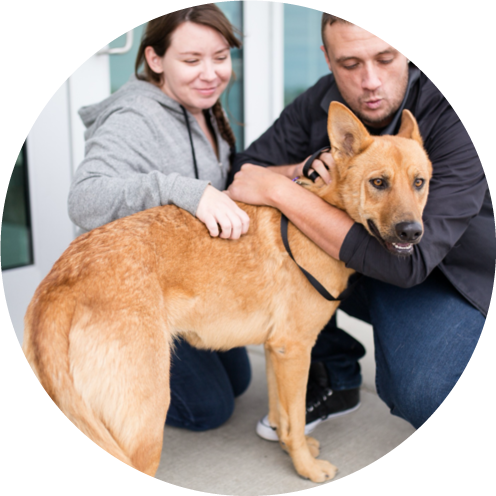
ENSURE EVERY UNWANTED OR HOMELESS PET HAS A SAFE PLACE TO GO FOR SHELTER AND CARE.
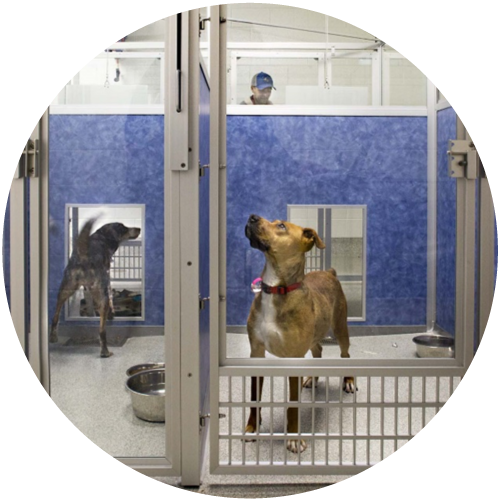
PLACE (AT LEAST) EVERY HEALTHY AND SAFE ANIMAL.
Socially Conscious Shelters and Rescues find placements for all pets who:
- Either have no signs of clinical disease or have evidence of disease that has a good or excellent prognosis for a comfortable life
AND
- Have not exhibited behavior that is likely to result in severe injury or death to another animal or person.
Notably, this tenet does not preclude Socially Conscious Shelters from placing pets who have medical or behavioral conditions that can be safely and effectively managed outside of the shelter environment.
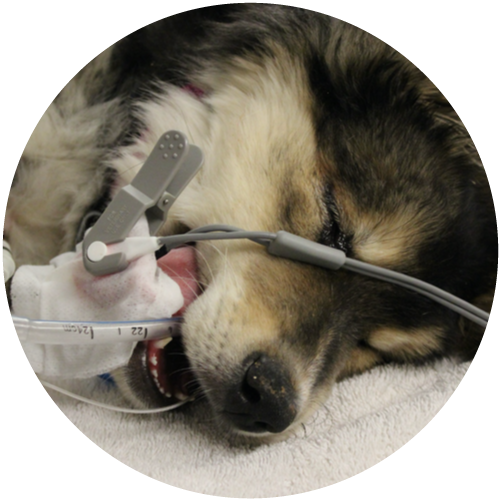
ASSESS THE MEDICAL AND BEHAVIORAL NEEDS OF HOMELESS ANIMALS, AND ENSURE THESE NEEDS ARE THOUGHTFULLY ADDRESSED.
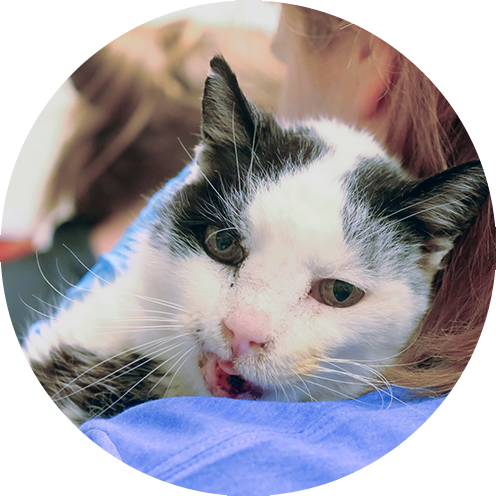
ALLEVIATE SUFFERING AND MAKE APPROPRIATE EUTHANASIA DECISIONS.
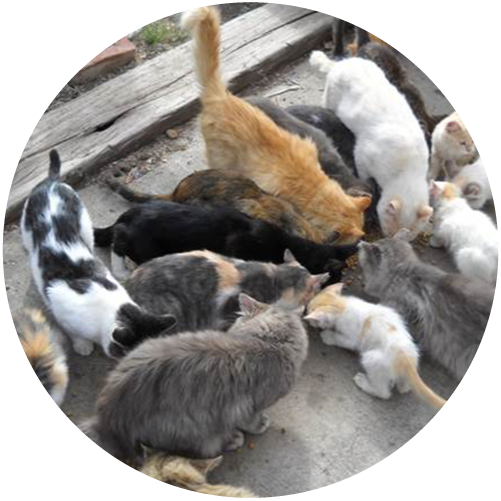
ALIGN POLICY WITH THE NEEDS OF THE COMMUNITY.

ENHANCE THE HUMAN-ANIMAL BOND THROUGH THOUGHTFUL PLACEMENTS AND POST-ADOPTION SUPPORT.
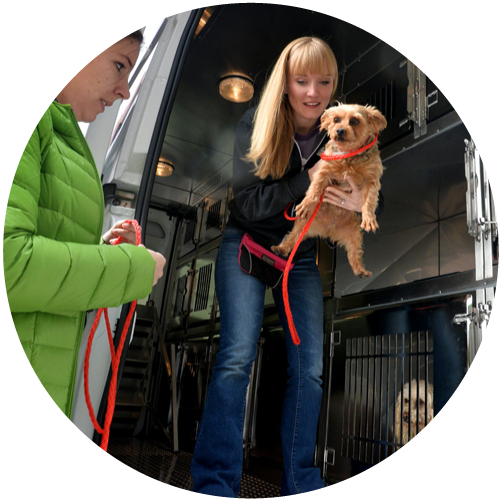
CONSIDER THE HEALTH AND WELLNESS OF EACH ANIMAL AND COMMUNITY WHEN TRANSFERRING ANIMALS BETWEEN COMMUNITIES.

IMPLEMENT INCLUSIVE POLICIES AND PRACTICES.

FOSTER A CULTURE OF TRANSPARENCY, ETHICAL DECISION MAKING, MUTUAL RESPECT, CONTINUAL LEARNING, AND COLLABORATION.
Socially Conscious shelters are committed to full transparency, including reporting accurate statistics and program data, sharing policies, and admitting missteps. Integrity and building trust must be the foundation of all decisions. Every shelter can learn something from every other shelter—it is essential to be curious and to share innovative solutions to common problems. Only by working together can we ensure the best outcomes for all animals.
For more information, visit our Get Involved page.

